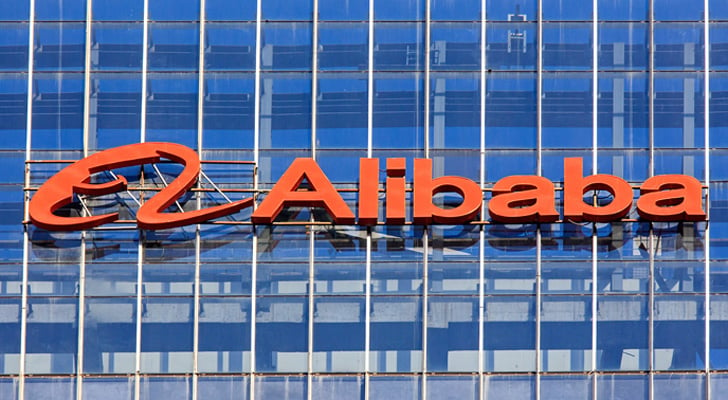My message to anyone tempted to buy Alibaba (NASDAQ:BABA) stock after this year’s 12 percent pull-back is simple: Just Say No.
Let’s address the many red flags BABA stock presents to investors such as the company’s confusing corporate structure where it is difficult to tell the difference between corporate interests and those of BABA executives including CEO Jack Ma.
BABA’s failure to crack down on the sale of counterfeit U.S. goods also is concerning. Then there’s the issue of what investors are actually buying when they purchase BABA stock.
What Are U.S. Investors Getting for Their Money?
Though BABA’s headquarters are in Hangzhou, China, the company is a Cayman Islands-based Variable Interest Entity (VIE). Foreign investors can’t buy stock directly in either the VIE or BABA’s operating company. Instead, they invest in what is known as a Wholly Foreign Owned Entity (WFOE) that provides capital through a loan to the VIE.
A 2017 paper from Harvard Business School lays out the potential dangers to U.S. investors:
“The legality and enforceability of these contracts (between the WFOE and VIE) are questionable under Chinese law because the contracts are designed to circumvent the intent of the law and it is unclear whether arrangements explicitly designed to circumvent the spirit of the law are themselves illegal. Given the prevalence of VIE firms in important sectors of the economy and the desire of the Chinese government to attract foreign capital, it would be potentially disruptive to invalidate the structure entirely. On the other hand, given that they violate the spirit of the law, foreign investors likely have little or no explicit recourse should it become politically expedient to invalidate the structure, either for specific transactions or more generally.”
Regulatory Overhangs Abound
There are other overhangs that are casting a shadow over BABA stock. There’s an SEC investigation into BABA’s accounting practices that dates to 2016. Further, Chinese regulators also have stymied their U.S. counterparts when they investigate auditors based in the most populous country.
According to a recent joint statement from the SEC and the Public Company Accounting Board (PCAOB), there are 224 U.S. listed Chinese companies where the PACOB faces “obstacles” in inspecting the principal auditor’s work and another 207 companies where the PCAOB can inspect only a part of the auditor’s work.
Alibaba and other well-known Chinese companies such as
Baidu (NASDAQ:BIDU) and JD.com (NASDAQ:JD) are among companies affected by the decade-long dispute, which recently resurfaced as trade tensions between the U.S. and China mount.
As the regulators noted, U.S. investors aren’t getting the necessary information they need to make informed investment decisions about BABA stock and other Chinese companies. It will be interesting to see how hard the U.S. will press the issue.
Ma’s Investing Strategy
Ma, China’s wealthiest person, started out as an English teacher before co-founding BABA in 1999. His approach in running BABA would raise eyebrows in most U.S. companies. For instance, Ma controls payments processor Ant Financial, which was spun out before Alibaba’s 2014 IPO.
Alibaba and Ant Financial have partnered on several investments including a $1.25 billion position in the Chinese food delivery company Ele.Me. Earlier this year, BABA agreed to buy a 33 percent stake in Ant Financial.The BABA affiliate has reportedly shelved plans for an IPO.
To be sure, BABA stock has plenty of fans. It currently trades at a 45 percent discount to its average 52-week price target of $203.68.
However, it has its share of naysayers as evidenced by BABA’s short interest which currently stands at 12 percent. There are so many moving parts to the BABA story that could go wrong that I can’t recommend anyone buy BABA stock. I think there are better ways to invest your money.
As of this writing, Jonathan Berr has no position in Alibaba.

